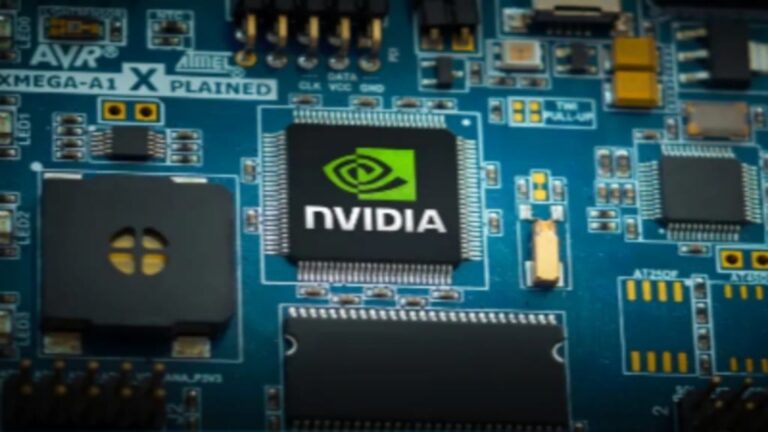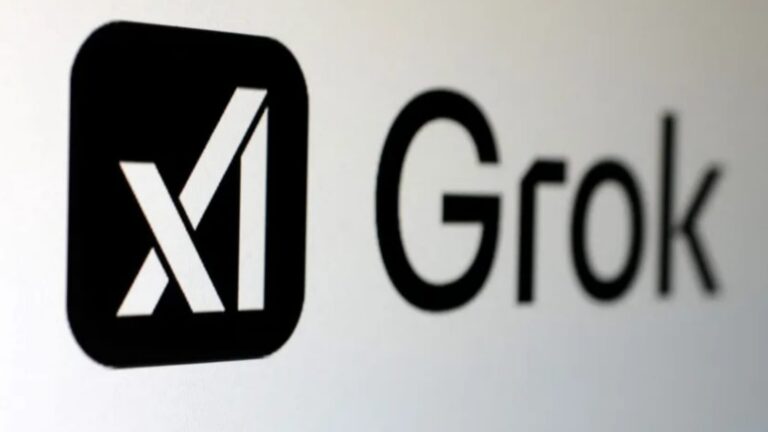المركز العربي للذكاء الاصطناعي
حلول ذكاء اصطناعي مبتكرة ومخصصة
الرؤيـــة
أن نكون قوة رائدة في تشكيل مستقبل الذكاء الاصطناعي في الوطن العربي من خلال تمكين الأفراد والمؤسسات على الاستفادة من إمكاناته في إحداث تغيير إيجابي.
الرســـالة
ملتزمون بتقديم حلول ذكاء اصطناعي مبتكرة ومخصصة تتناول التحديات الواقعية. تتمثل مهمتنا في:
• تصميم وتطوير تطبيقات ذكاء اصطناعي متطورة تعزز الكفاءة والإنتاجية والابتكار.
• تقديم خدمات استشارية متخصصة في مجال الذكاء الاصطناعي توجه الشركات في رحلتها نحو الذكاء الاصطناعي.
• تقديم برامج تدريبية في الذكاء الاصطناعي لتزويد الأفراد والمؤسسات بالمعرفة والمهارات اللازمة للنجاح في عصر الذكاء الاصطناعي.
• تعزيز تطوير الذكاء الاصطناعي المسؤول المبني على مبادئ العدالة والشفافية والمساءلة.
تطوير أدوات وتطبيقات
الذكاء الاصطناعي
تصميم وبرمجة وإدارة الأنظمة الذكية القادرة على التعلم من البيانات، وتحليلها، واتخاذ القرارات بشكل مستقل، لتطوير وتحسين الأداء وحل المشكلات المعقدة.
تفاصيلخدمات استشارات
الذكاء الاصطناعي
تقديم الخبرة والمشورة للأفراد والشركات حول كيفية استخدام وتطبيق تقنيات الذكاء الاصطناعي لتحسين العمليات، وزيادة الكفاءة، وتحقيق الأهداف الاستراتيجية.
تفاصيلقواعد البيانات المتسلسلة
بلوك تشين






